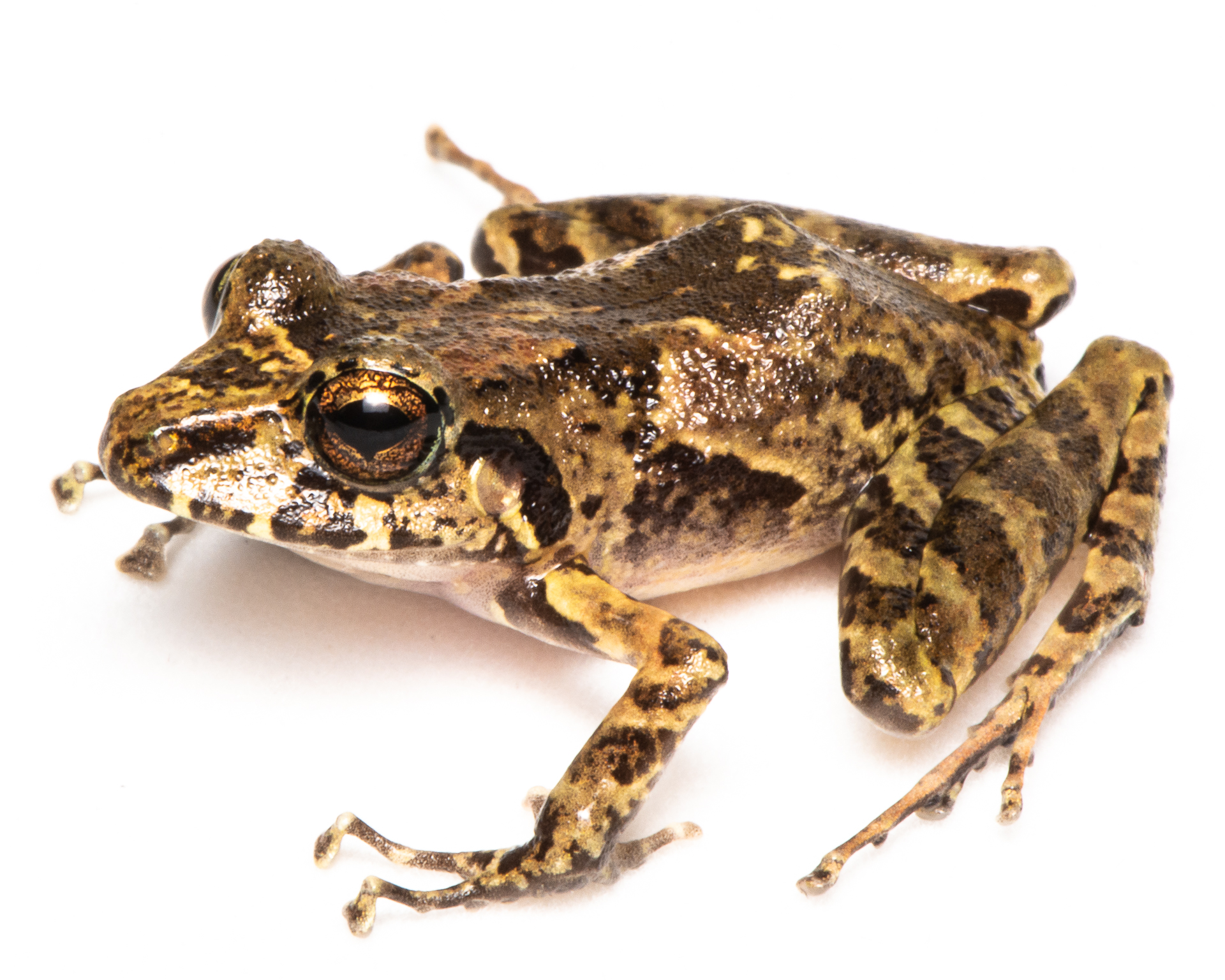The Instituto Boitatá was created in 2014 with the commitment to study and preserve species and ecosystems in Brazil. Since its foundation, we have lead and participated in a series of scientific and educational activities. With the overarching goal of promoting long-term conservation, our work aims to create and disseminate science-based information to the civil society and traditional communities. With our work, we hope that people will learn to love and protect amphibians, a group of animals very sensitive to impacts and threatened nationally and globally.
Educational activities
Considering the importance of scientific knowledge dissemination, the Instituto Boitatá focuses on educational and cultural activities for both the civil society and the academic community. To help dispel myths and tales that cause fear and mistrust about amphibians and reptiles, we have created special commemorative dates such as “Save the Amphibians”, “Snake Week”, “Turtle Week”, and “Save the Crocs”. During these weeks, lectures, exhibitions with biological material, and recreational activities are held in schools, universities, and public spaces in different Brazilian regions. Booklets and prizes are also distributed during these events. So far, the commemorative dates have been celebrated in the Brazilian states of Goiás, Rio Grande do Sul and Bahia. Disclosures about these events on television and social media networks have obtained national reach. These activities, combining scientific dissemination and environmental education, have contributed to the demystification of popular beliefs that negatively affect amphibians and reptiles. The implementation of commemorative dates helps to promote relaxed learning and emphasizes the importance of environmental conservation for children, adolescents, and adults.
Amphibian Conservation
Among several projects, we are currently carrying out the update of the global IUCN Red List assessments for all Brazilian amphibian species. This project is supported by the IUCN SSC Amphibian Specialist Group and the Amphibian Red List Authority (ARLA), and is funded by ASA partner Global Wildlife Conservation. We also collaborate directly with the execution of National Action Plans for threatened amphibian and reptile species of different Brazilian regions, including the Atlantic Forest and Cerrado biomes, and the Southern region of Brazil. We also collaborate with an Action Plan for endangered Rivulid fishes in Brazil.
Moreover, over the past few years we have studied an endemic and threatened amphibian species of the Santa Catarina island. Within a project funded by the Fundação Groupo O Boticário, we have worked on the taxonomic status of Ischnocnema manezinho, an endemic and highly endangered frog species. Recently, populations discovered in the coastal slopes of the Santa Catarina and Arvoredo islands have been attributed to this species. However, bioacoustic and morphological differences suggest that these populations may represent different taxonomic units.
Documenting Threatened Species
Last but not least, the project Documenting Threatened Species (DoTS) aims to study, document, and build a communication platform about Brazilian species threatened with extinction. The project is lead by Pedro Peloso, one of the Amphibian Survival Alliance’s Future Leaders of Amphibian Conservation, and is funded by Fresno Chaffee Zoo Wildlife Conservation Fund, and Columbus Zoo Fund for Conservation.
By Iberê Farina Machado, Gabry-ella de Sousa Mesquita, Pedro L. V. Peloso, Tatianne P. F. Abreu-Jardim, Vinicius Guerra Batista and Werther Pereira Ramalho, Instituto Boitatá

